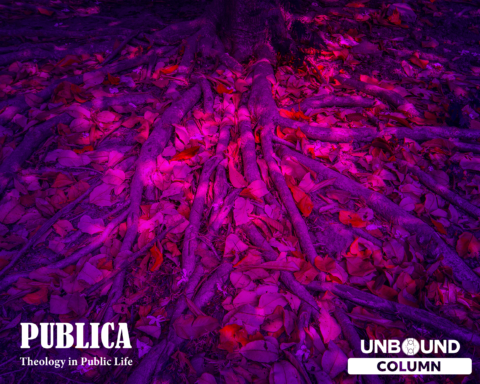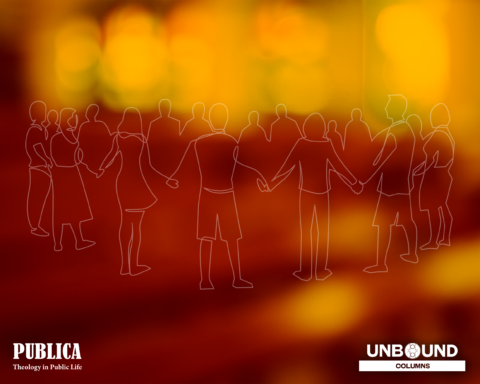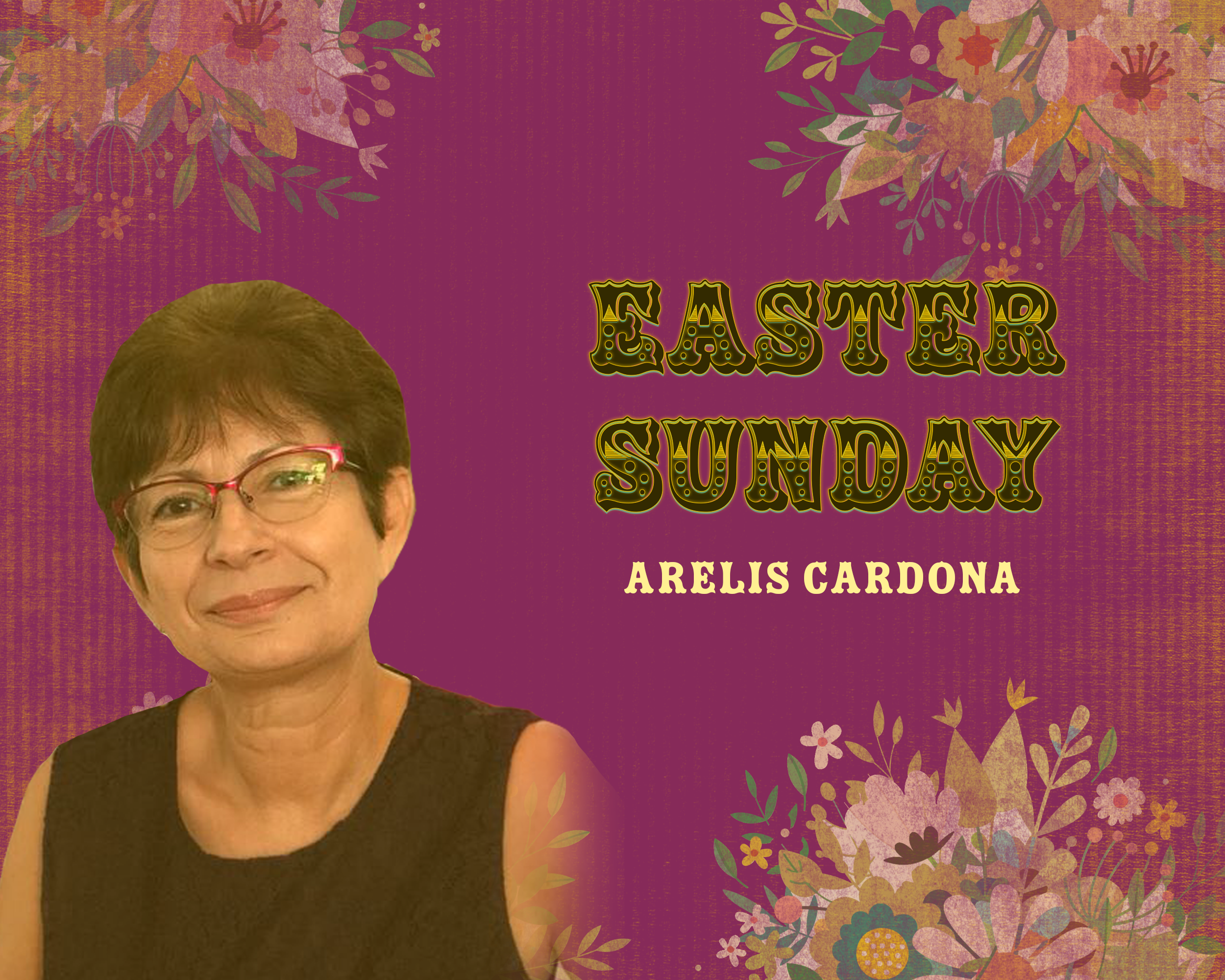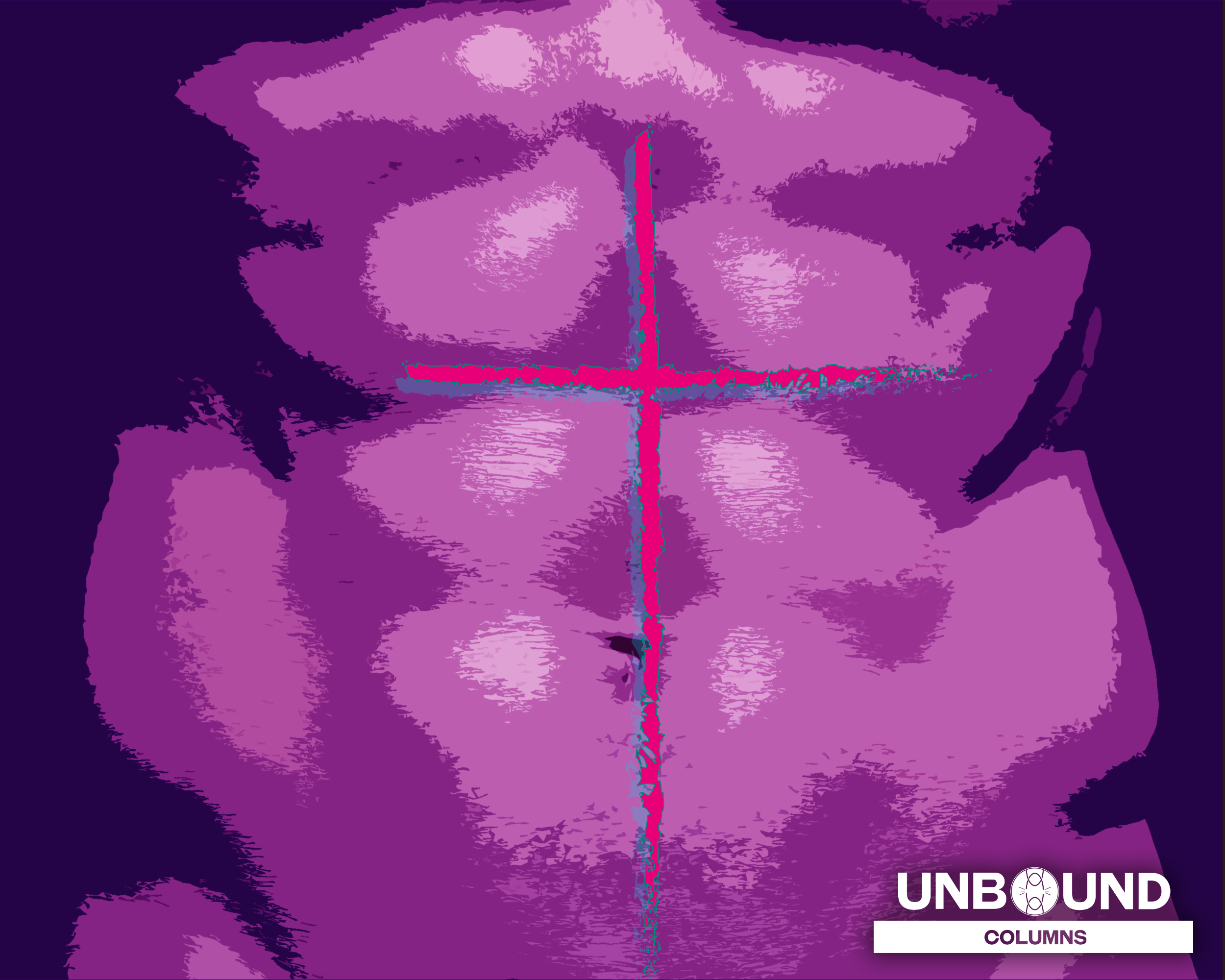Abya Yala theology assumes a contextual, historical, and ancestral reflection, which is the axis of our theological proposal. The name comes from the Guna language and means “land in full maturity and land of vital blood.” The Guna people inhabit the meeting points of the north and south geographically, to represent the connectivity of the lands. In the 1970s, the term Abya Yala was adopted by many activists, historians, politicians, and theologians as the unified name instead of using North America (primarily English speakers) and Latin America (primarily Spanish and Portuguese speakers) that perpetuate colonial divisions.
Abya Yala theology rescues our ancestors’ traditions, reflections, and actions in a continent that continues to resist the ravages of a colonizing process. Abya Yala theology does not propose a return to ancestral life before colonization. However, we aim to respect and embrace indigenous practices and keep our native languages, traditional culture, ancestral knowledge, and spiritual practices alive.
As a prophetic theology, it comes from the subjectivities of women and men, whose mouths no longer pronounce fluently the language of our ancestors, where our bodies no longer move freely to the rhythm of the ancestral drums, and where our prayer no longer rises to the same mountains. But our ancestral memories as native descendants continue to tie us to living wisdom and spirituality in their depth.
The development of Abya Yala Theology is reframing the Christian message grounded in the people and not power, grounded in ancestry, not acclaim, and grounded in historical context, not in silence. The main component of Abya Yala theology is Christian thought analyzed through a decolonizing lens and embracing a multicultural and multiethnic continent, from which God speaks and liberates all from colonized oppression.
Abya Yala theology rescues our ancestors’ traditions, reflections, and actions in a continent that continues to resist the ravages of a colonizing process.
Abya Yala Theology is decolonizing the Christian message from a native perspective. We propose interrelated and interpretive categories that help us see a new way of thinking of God from Abya Yala. The first category is motherland and identity, the process of ethnic identity for native people, and its theological scope to recognize our connection with the land where we live today. The second is the reflection of the descent through the history of invisibility, forced assimilation, and division between inventing borders where the native’s and descendants’ resistance is latent.
Identity and the resurrection of the motherland
Inextricably linked with colonial and settler thinking is the vision of land and nature as a resource that exists only for extractive purposes. However, understanding Abya Theology is reimagining the harmonious relationship between the land, their children, and all creation. Abya Yala refers to land as alive and of vital blood and maturity. This terminology implies two things that can be interpreted; it is a land maturity of our motherland that grows and produces food for their children; at the same time, native peoples maintain the ways of understanding the world in holistic ways. On the other hand, the land of vital blood means it is a connection between the native peoples; it implies that the descendants who suffer colonization struggle to assimilate to the European culture established to erase all ways to connect with our ancestors.
In this way, Abya Yala must be understood as a motherland that has been the victim of a hegemonic , patriarchal and colonialist historical process that violated and divided the land into pieces, separating the children into strangers.
The theological implications of this conception of Abya Yala lead us to reflect on where we are, from our geographical location, and our historical context. In this way, Abya Yala must be understood as a motherland that has been the victim of a hegemonic , patriarchal and colonialist historical process that violated and divided the land into pieces, separating the children into strangers.
For this reason, ethnic identity is essential because it makes visible what was hidden. The denial of our ancestry as the children of Abya Yala is a source of pain and confusion. However, taking seriously the liberating process of a Christian message of God who heals all wounds, restores, and who, above all, after the crucifixion, resurrects – provides hope. Here we are the native people and descendants have been crucified for centuries under colonization, control, oppression, and genocide; today, we, as a believer of the message, witness the resurrection of the motherland and all their children.
The Jesuit and priest Jon Sobrino provides some insight on this when speaking about the resurrection, bringing hope for the crucified, which is a new interpretation for us. “If what has been said so far is taken seriously, it follows, not from a fundamentalist reading of the texts, but from a profound honesty towards them, that the resurrection of Jesus is hope in the first place for the crucified. God raised a crucified, and since then, there is hope for the crucified of history.” Sobrino leaves us a message that needs to be adapted to respond to our context and confirm that natives and their descendants in Abya Yala received God’s protection and hope. It is the one who resurrects and liberates us from a long process of colonization and oppression.
Decolonizing the Christian message
Christianity arrived in Abya Yala over five centuries ago; European soldiers, settlers, and missionaries brought the cross and sword to rule and order our land. The implications of colonization and Christianity on the native population led to a sizable reduction of people and loss of languages and cultures in efforts to assimilate into a normative European Christianity. This reductionist teaching removed any aspects of the liberating message inherent in the message of Christ. In this way, the Christian faith has become synonymous with oppression and colonization. However, the attempts to forget the colonization atrocities of Abya Yala, slavery, genocide, and stolen land have made us remain silent.
It is clear then that all theological reflection in Abya Yala must go through an honest and historical review to respond and give a liberating and hopeful message to the original population that is still in resistance. In a story similar to magical realism, in recent years, the attempts to forget this past have been even more painful and oppressive for the descendant who still has this whole process alive in our ancestral memory.
The genocide has caused a massive gap in identity and recognition without understanding our ethnic and identity self-identification. We still carry colonizing practices from political and religious activities; any attempt at self-affirmation is now the subject of biased analysis. The native population and their descendants face enormous challenges in keeping their ancestral culture, language, and spiritualities alive at this time, for which a theology from and as Abya Yala is more necessary.
Abya Yala theology decolonizes the Christian message from a native perspective.
What role should Abya Yala theology play in this context? Abya Yala theology decolonizes the Christian message from a native perspective. We reclaim our full humanity in our land, which is the sacred and living space of our motherland.
Yenny Delgado– Psychologist and Theologian. Director of Publica Theology and convener of Mujeres Doing Theology in Abya Yala. She writes about the intersections between ancestral memory, decolonization, and public faith. Currently, she is a doctoral student in Social Science of Religion at the University of Lausanne.
Claudio Ramirez -Theologian with a master’s degree in Dogmatic Theology from the Catholic University of Córdoba, Argentina. Founder of Ñawi intercultural dialogue. He writes about eco-theology, indigenous spirituality, and liberation. Currently, he is a professor of theology at the Catholic University of Salta.






Unbound Social